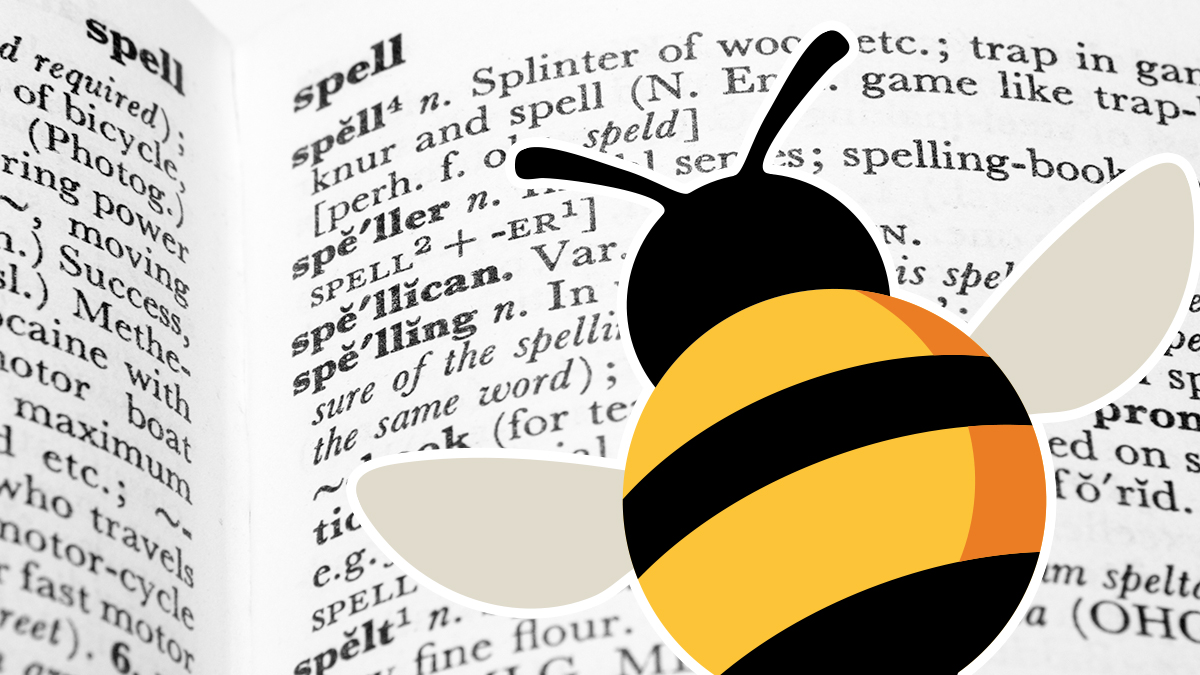
In medical school and throughout his career as a neonatologist, William Cashore often was asked to proofread others’ work. Little did they know he was a spelling champion, with a trophy at home to prove it.
“They knew that I had a very good sense of words and that I could spell correctly,” he said. “So if they were writing something, they would ask me to check it.”
WATCH ANYTIME FOR FREE
>Stream NBC10 Boston news for free, 24/7, wherever you are. |
Cashore won the Scripps National Spelling Bee in 1954 at age 14. Now 84, he’s the oldest living champion of the contest, which dates back to 1925. As contestants from this year’s competition headed home, he reflected on his experience and the effect it had on him.
“It was, at the time, one of the greatest events of my life,” he said in an interview at his Rhode Island home. “It’s still something that I remember fondly.”
Get updates on what's happening in Boston to your inbox. Sign up for our >News Headlines newsletter.
Cashore credits his parents for helping him prepare for his trip to Washington, D.C., for the spelling bee. His mother was an elementary school teacher and his father was a lab technician with a talent for “taking words apart and putting them back together.”
“It was important for them, and for me, to get things right,” he said. “But I never felt pressure to win. I felt pressure only to do my best, and some of that came from inside.”
When the field narrowed to two competitors, the other boy misspelled “uncinated,” which means bent like a hook. Cashore spelled it correctly, then clinched the title with the word “transept,” an architectural term for the transverse part of a cross-shaped church.
“I knew that word. I had not been asked to spell it, but it was an easy word for me to spell,” he recalled.
Cashore, who was given $500 and an encyclopedia set, enjoyed a brief turn as a celebrity, including meeting then-Vice President Richard Nixon and appearing on the Ed Sullivan Show. He didn’t brag about his accomplishment after returning to Norristown, Pennsylvania, but the experience quietly shaped him in multiple ways.
“It gave me much more self-confidence and also gave me a sense that it’s very important to try to get things as correct as possible,” he said. “I’ve always been that way, and I still feel that way. If people are careless about spelling and writing, you wonder if they’re careless about their thinking.”
Preparing for a spelling bee today requires more concentration and technique than it did decades ago, Cashore said.
“The vocabulary of the words are far, far more technical,” he said. “The English language, in the meantime, has imported a great many words from foreign languages which were not part of the English language when I was in eighth grade,” he said.
Babbel, which offers foreign language instruction via its app and live online courses, tracked Cashore down ahead of this year’s spelling bee because it was interested in whether he had learned other languages before his big win. He hadn’t, other than picking up a few words from Pennsylvania Dutch, but told the company that he believes learning another language “gives you a perspective on your own language and insights into the thinking and processes of the other language and culture.”
While he has nothing but fond memories of the 1954 contest, Cashore said that was just the start of a long, happy life.
“The reward has been not so much what happened to me in the spelling bee but the family that I have and the people who supported me along the way,” he said.




